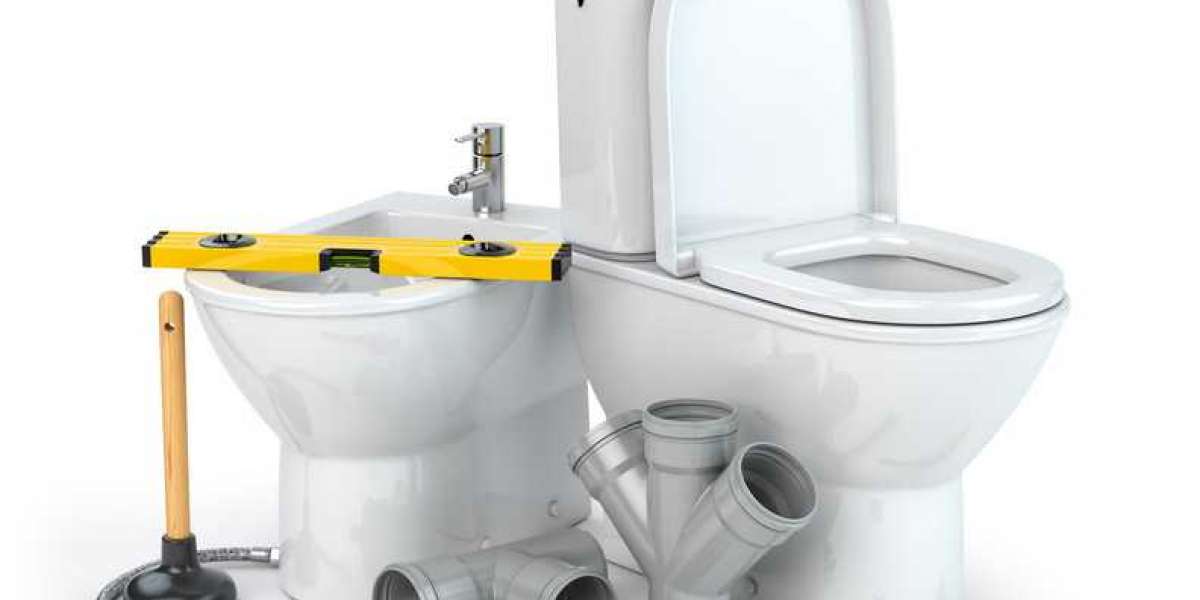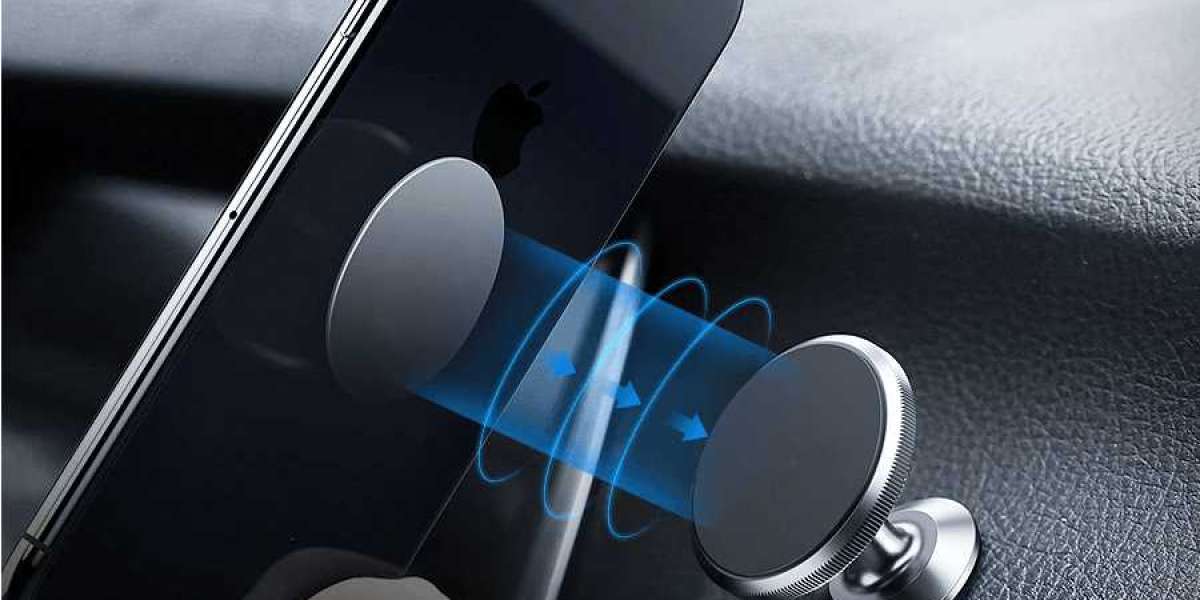Septic systems are highly at risk and in danger to be damaged after the flooding. After any flooding, homeowners should not pump their tanks. If they pump out the wastewater when flooding just occurred, it would end in the tank floating out of the soil. The reason for this is because the soil was softened by the recent flooding. If the tank comes up, it is going to damage the pipes. It is important to have frequent tank maintenance but avoid it if recent flooding occurred. The best solution in situations like this is often to plug the drains in the basement to reduce any water usage within the house.
Do perform regular septic maintenance
To keep your septic system running efficiently, we recommend having a service professional inspect your septic system every year. According to the EPA, household septic systems are pumped every three to five years. Professionals should be able to tell you how often your septic system needs to be pumped. Pumping a septic system when needed will prevent it from breaking down.
Maintain your drain field
To maintain your drain field, avoid planting gardens and trees nearby. This will prevent roots from growing and bumping against your septic system. You should also avoid parking cars over your drain field.
Do limit the amount of stuff you put down your garbage disposal
The more junk you dispose of down the garbage disposal, the more likely you are to damage your septic system. To avoid clogging your system up, try not to put cooking grease, coffee grounds, and fats down the disposal. Instead, dispose of these items in the trash.
Do buy high-efficiency appliances
According to the EPA, efficient water use can improve the operation of your septic system. That means that the more water you waste (via leaky toilets, excessive use of your washing machine, etc), the more water will enter your septic system. This can cause damage and potential drain field flooding. The easiest way to prevent wasting water is by using high-efficiency appliances. Look for Energy Star appliances, which use 50 percent less water than typical appliances.
Do save inspection reports maintenance records
Homeowners should save any septic maintenance records and inspection reports when having their septic system serviced. Inspections should include detailed reports on potential or existing leaks, as well as scum levels and possible damage. If damage is reported, then you should hire an experienced repairman to fix it as soon as possible.
Septic System Don’ts
Don’t flush items down the toilet
To prevent breaking your system, avoid flushing anything down the toilet that isn’t toilet paper. While toilet paper is designed to break down and dissolve inside septic tanks, other items are not. Even items described as “flushable” should not be flushed down your toilet. According to the EPA, items to avoid flushing down the toilet include cooking grease or oil, flushable wipes, feminine hygiene products, dental floss, diapers, cigarette butts, coffee grounds, paper towels, and cat litter – among many other non-flushable items.
Don’t pour chemicals down the drain
Whether you’re at the kitchen sink or the bathroom shower, avoid pouring chemical drain openers, oil, grease, and toxic liquids down the drain. This will prevent damage to your septic system.
Don’t put rainwater drainage systems near your drain field
Keeping things off and away from your drain field area should be a top priority. The EPA reports that excess rainwater from a drainage system, such as a roof drain, can cause excess water to accumulate near your drain field. In turn, this will only slow down your septic system’s treatment process.
Household Features That Affect Your Septic System
Many homeowners aren’t aware that everyday appliances can harm the state of their septic system. The frequent use of home features such as hot tubs, garbage disposals, washing machines, toilets, and showerheads can all decrease the efficiency of your septic system.
Hot tub – Hot tub owners must be aware that draining the water all at once can damage their septic system.
Garbage disposal – If your home has a standalone septic system, we don’t recommend using a garbage disposal at all. Eliminating the use of a garbage disposal will drastically cut back on the number of solids and scum levels in your septic tank. If you do use a garbage disposal, you’ll most likely need to pump your septic system more often than those who do not use this home feature.
Washing machine – The EPA reports that the average single-family home uses nearly 70 gallons per individual per day. That’s a lot of water. Unfortunately, the more water your family uses, the more overloaded your septic system will be. When a septic system is overloaded, it increases the risk of failure. To prevent this from happening, those who have a septic system should limit the amount of laundry they do in a single day.







